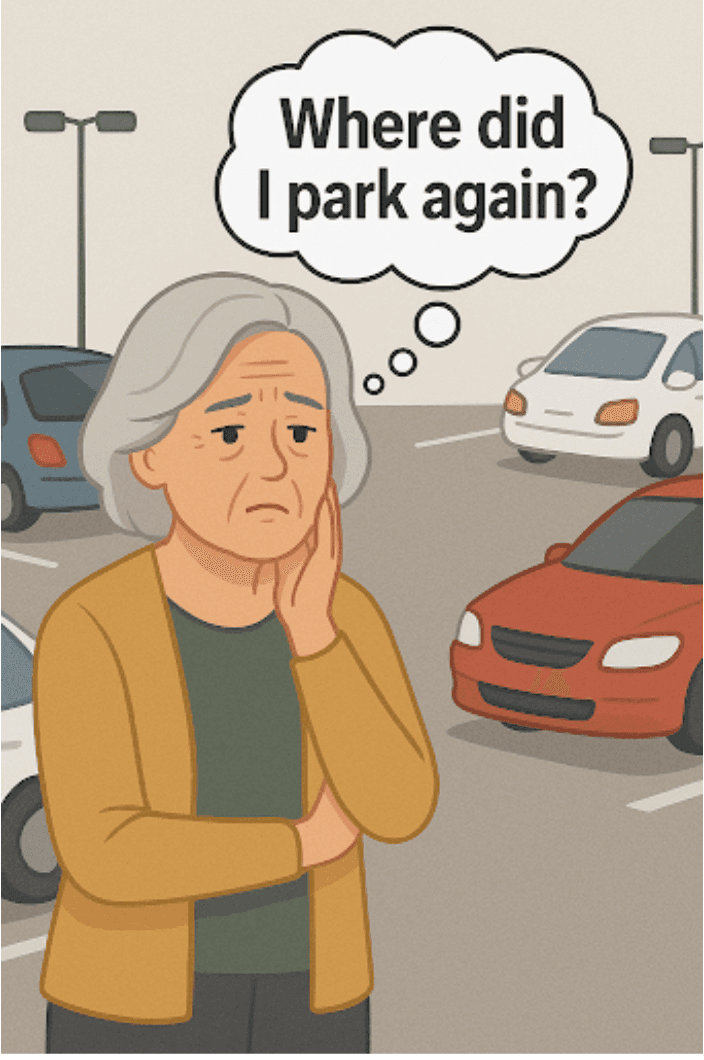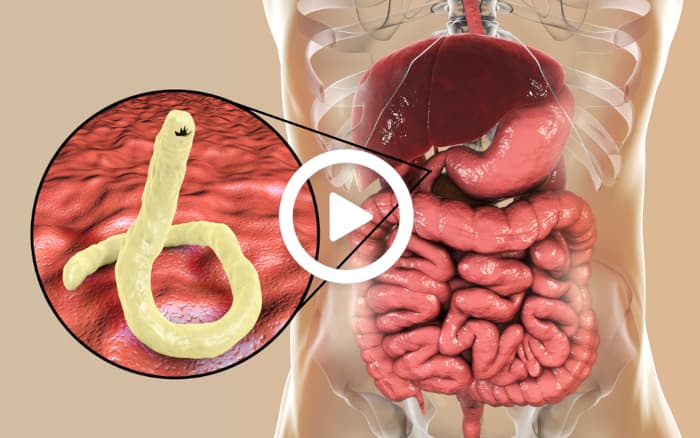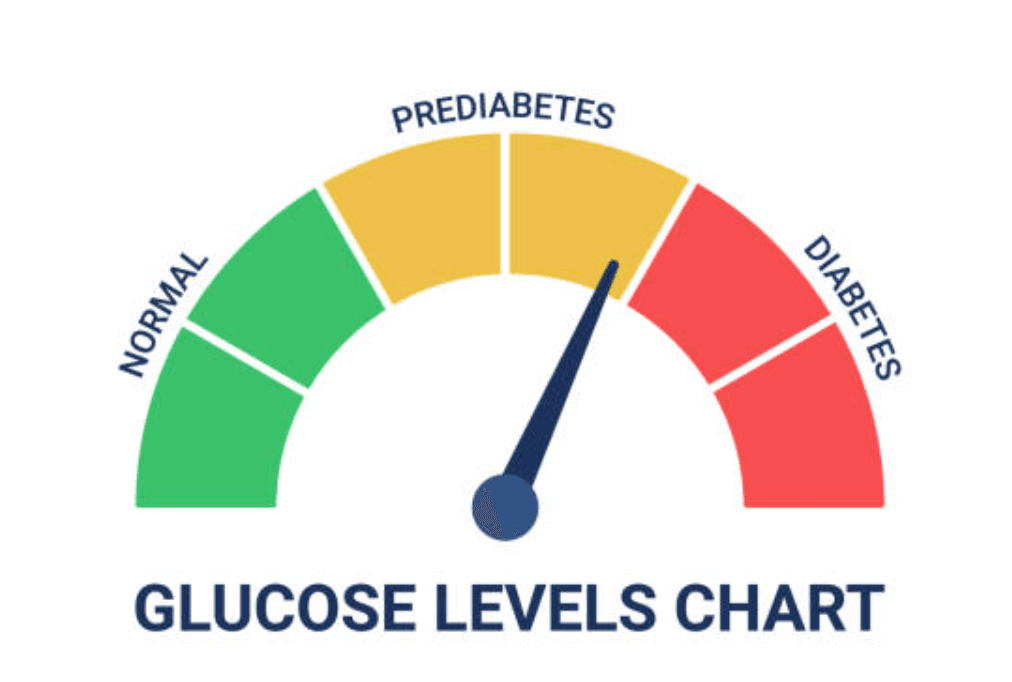The #1 Way to Lose Belly Fat Faster than Most People (no exaggeration)
Recent research underscores a growing concern about belly fat, particularly in the United States, driven by peculiar eating habits. The findings could be pivotal in redefining our dietary patterns for better health outcomes.
A large study published in Public Health Nutrition examined eating pattern differences across ten countries involving 23,000 women and 13,000 men. Primarily focusing on European and Mediterranean regions, it explored how meal timing impacted health, shattering conventional notions about late dining's adverse health effects.
Surprisingly, in the Mediterranean, although meals were consumed later in the day, the calorie intake was mostly uniform or decreased throughout. Initial meals were dense and subsequently tapered, a pattern linked to their exemplary cardiometabolic health.
In stark contrast, findings published in Circulation depict American eating habits as erratic—with consumption occurring nearly round-the-clock except between 1:00 a.m. and 6:00 a.m. This constant feeding, with no patterns recognizably evident, seems a stark inversion of balanced dietary structure.
Eating incessantly without structured intervals disrupts the body's hunger signals and affects hormonal balance—leading to perpetual high insulin levels that impede fat burning and promote visceral fat accumulation, primarily around the belly.
Aligning meal timing with natural body rhythms emerged as an effective strategy in a recent Clinical Nutrition study. Participants who consumed higher calorie meals in the daytime exhibited decreased BMI and body fat, reinforcing the importance of lunch as a substantial meal.
An increase in protein and fiber intake plays a crucial role in managing hunger and extending satiety, curbing the tendency to snack mindlessly. Adding a protein-rich supplement, like a plant-based powder with probiotics and digestive enzymes, can enhance satiety levels and complement dietary needs.
Amidst unlimited access to food, giving the gut an occasional rest by having clear meal windows is vital for upholding reverse causation; studying patterns could offer significant health developments.
“Epidemical findings suggest a potential detrimental effect of late meals on cardiometabolic health.”
In summary, organizing your eating time to align with intrinsic body rhythms is not only about maintaining weight but invigorating overall health. Large morning or midday meals, combined with intentional meal gaps, particularly emphasize visual and digestive health lessons observed across diverse geographical reviews. Adapting some European dietary methodologies could serve as a strategic centerpiece to tackle visceral fat aggressively.
From Around The Web
Wellness Inbox is a blog & weekly newsletter that curates trending news and products related to health and wellness from around the web. We also gather content from various sources, including leading health professionals, and deliver it directly to you.
Please note that we may receive compensation if you purchase any products featured in our newsletter. Wellness Inbox is not affiliated with, nor does it endorse, any health professionals whose content may appear in our newsletter. The information provided is for general informational purposes only and should not be considered medical advice.
The information provided is not intended to replace professional medical advice, diagnosis, or treatment. All content, including text, graphics, images, and information available is for general informational purposes only. We do not guarantee the accuracy or completeness of any information presented and assume no liability for any errors or omissions. The content is subject to change without notice. We encourage you to verify any information with other reliable sources and consult your physician regarding any medical conditions or treatments.







